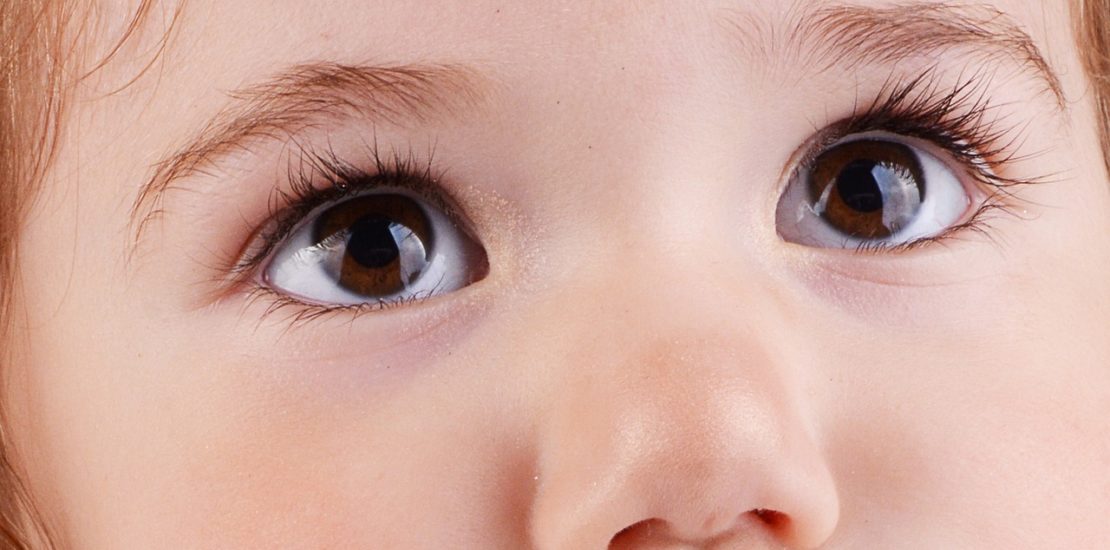Justice and Injustice
- February 19, 2024
- Posted by: Philip Struble
- Category: Uncategorized

Injustice anywhere is a threat to justice everywhere.
Justice and Injustice
The concepts of justice and injustice are intrinsically linked, yet they represent opposing ends of a complex spectrum. At the heart of societal progress and human rights movements lie these dichotomous elements – justice, a beacon of fairness, injustice, and a symbol of imbalance.
Justice Defined
Justice, in its broadest sense, signifies fairness, impartiality, and the equitable distribution of rewards and punishments.
It’s a principle that upholds the equitable treatment of all individuals, regardless of their background, beliefs, or identity. Justice is, in essence, a societal ideal – it represents a world where everyone has equal access to opportunities and resources and rights are respected and protected.
The implications of justice are that it brings balance, harmony, and fairness to society.
It fosters an environment where people feel valued and protected and their rights and contributions are recognized. Justice cultivates trust and mutual respect among individuals and promotes peace, cohesion, and prosperity within societies.
Injustice Defined
Injustice, on the other hand, represents a deviation from the ideals of justice.
It refers to situations where individuals or groups are treated unfairly or inequitably.
Injustice occurs when certain people are denied their rights or when resources and opportunities are distributed unevenly. This might manifest as discrimination, prejudice, or systemic bias, reflecting a society that falls short of the ideal of fairness.
The implications of injustice are that it perpetuates inequality, fostering a society where individuals are divided along lines of privilege and disadvantage. It erodes trust and social cohesion, leading to conflict and instability.
Injustice stunts societal progress and denies individuals the opportunity to realize their full potential.
Justice and Injustice
Justice and injustice are not merely opposites; they exist in a dynamic interplay. Recognizing injustice is often the first step toward the pursuit of justice.
Likewise, the pursuit of justice is a commitment to identifying and rectifying instances of injustice.
The two concepts are entwined, each shaping our understanding and experience of the other.
Since both justice and injustice have profound implications for individuals and societies, recognizing and understanding these implications is crucial in our quest for a fair and equitable society. By actively identifying and addressing instances of injustice, we can move closer to the societal ideal of justice, fostering a world where every individual is valued, respected, and given the opportunity to thrive.
The Bible
How does someone know the difference between justice and injustice?
Technically, justice is the concept of moral righteousness, while injustice is the absence of moral righteousness.
We often rely on our governments to deal with justice and to correct injustice. Unfortunately, governments are imperfectly designed and managed by imperfect people.
Justice in the Bible
The good news is that the Bible determines justice and sets the standard for moral righteousness.
So, we all have immediate access to seeing and understanding justice and injustice.
Our sense of justice is imparted to us by our Creator God. He is loving, kind, and merciful, and He is also righteous, holy, and just.
Deuteronomy 32:4 says:
“The Rock, His work is perfect, for all his ways are justice. A God of faithfulness and without iniquity, just and upright is he.”
And Psalm 89:14 says,
“Righteousness and justice are the foundation of your throne; steadfast love and faithfulness go before you.”
God is just. It is part of His character, which means He is always just. He cannot be unjust, and He defines and sets the standard for justice.
Injustice and the Bible
God is against injustice.
Proverbs 20:23 says,
“The LORD detests differing weights, / and dishonest scales do not please him”
Proverbs 16:8; says,
Better is a little with righteousness than great revenues with injustice.
Our world today is filled with people chanting for justice and fighting against injustice. Yet, when we closely examine these arguments, we only see self-interests, inconsistencies, and hate.
We all need to strive for justice, and the place to start is to learn what our God has defined as justice and go from there.
